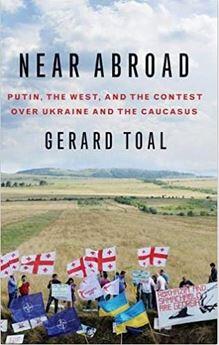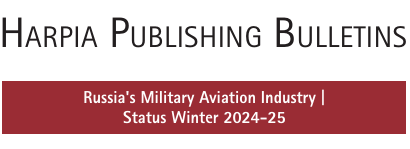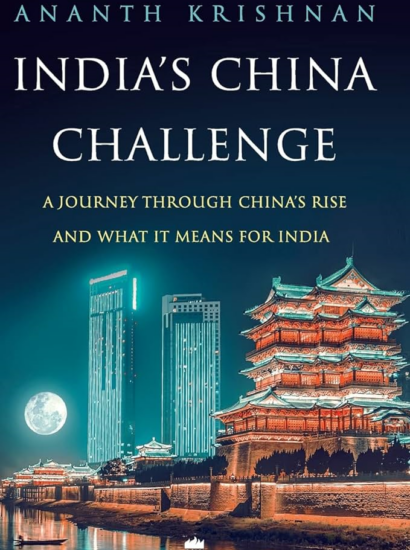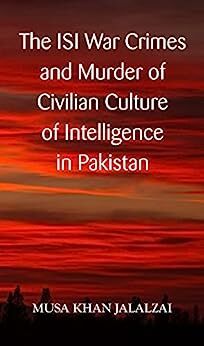Putin, The West, And the Contest over Ukraine and the Caucasus
Gerard Toal, (Oxford, 2017). pp. 408.
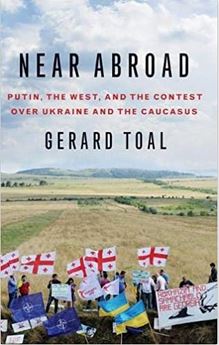
amazon.com
Based on almost 16 years of research and written in the aftermath of Russian adventurism in Ukraine (2014) and Georgia (2008), Near Abroad offers a detailed analysis of the geopolitical complexities faced by Russia and countries in Russia’s orbit—particularly Ukraine and Georgia—following the end of the Cold War.
Toal goes to great lengths to cut through the myth-making and the misinformation that pervades the so-called ‘post-Soviet space’. This myth-making and misinformation are, as Toal notes, not unique to Russia. Instead, it is a symptom of the geopolitical agency of all the states covered. Near Abroad shows with great gusto that rather than being pawns in some great game of chess, Russia, Ukraine, and Georgia are each their own state, with multiple internal interpretations and a broad range of historical interconnectedness—both good and bad. Yes, of course, each state has to be cognizant of its neighbours, but as Toal shows, this does not necessarily equate to fealty or subjugation but instead equates to complexity.
Throughout the book, Toal firmly demonstrates how physical geography and history factor in present-day regional politics. These aspects are crucial to understanding the dynamics between the states in question—yet they are often poorly elaborated or entirely missing from Western discourse. Their inclusion goes a long way to helping readers understand the intricacies of the so-called Near Abroad international politics. History and geography are vital to understanding Russian transgressions and why they are wrong. This approach is particularly well executed in Toal’s dismantling of the intellectual framework of Putin’s beloved (or at least much abused) Novorossiya project, which Toal describes as ‘a revisionist geopolitical imaginary’.
Toal firmly demonstrates how physical geography and history factor in present-day regional politics. These aspects are crucial to understanding the dynamics between the states in question.
Further to his credit, Toal avoids standard political lenses in his analysing of the countries under study—political situations are never described in black-and-white, and Toal makes pains to be an impartial observer. Further to this end, Near Abroad critically engages in geopolitical analysis through the concepts of statecraft and the actors, rules and spatial dynamics; geopolitical cultures and geopolitical conditions, showing Ukraine and Georgia (and Russia) for the complicated, messy political actors that they are, and not as is often portrayed, as either, weak powerless, victims in the case of Ukraine and Georgia, or just a plain-old bully in the case of Russia—mind you, it is worth noting that Toal is by no means a Russian apologist and his views on Russian intransigence are firmly those of someone who disapproves.
Overall, Near Abroad is a dense but satisfying read. It demands and rewards attention. Furthermore, —at the risk of sounding glib—today, it not only provides an excellent resource for understanding the region, but it also provides an interesting mental exercise for the reader to consider how Toal would approach the topic in light of Russia’s year of atrocities.
Dermot Nolan has spent 12 years in the Army Reserve in Ireland, where he served in the Artillery Corps. He holds a master’s degree in Military History and Strategic Studies from the National University of Ireland at Maynooth. In addition, he has a master’s degree in International Relations and International Security from the Rijksuniversiteit Groningen in the Netherlands. His fundamental interests are modern land- and air-power and nuclear deterrence. His work has been published in European Security and by Finabel-The European Army Interoperability Centre. He currently lives in France, where he is working on mastering the language.


